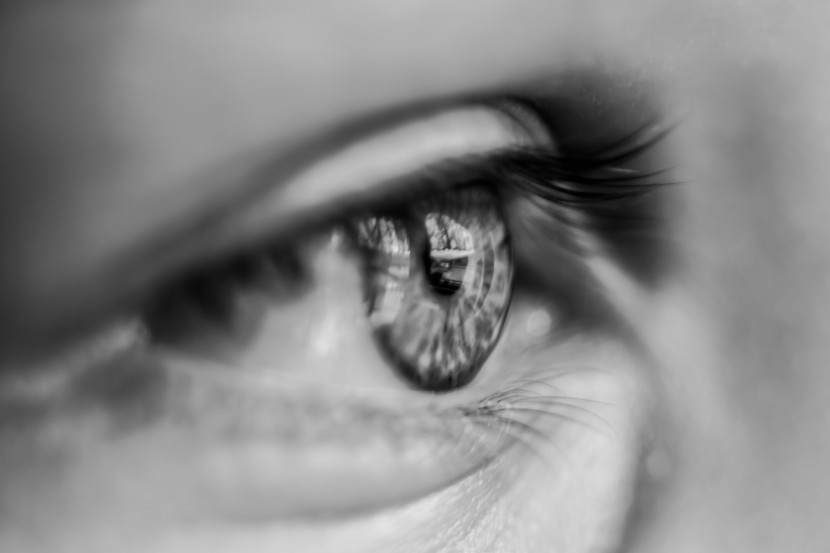
Scientists have successfully created a bioengineered cornea that improves people's eyesight and is able to restore vision to blind and visually-impaired individuals.
The cornea, which is made from pig collagen due to the scarcity of donated human corneas, could help the demand worldwide. There are more than 12 million people who are blind because of disease or damage to the cornea, which is the transparent outer layer of the human eye.
Bioengineered Cornea From Pig Collagen
While a transplant from a deceased human donor can restore a person's vision, demand is so high that only about one in 70 patients receive one. The need is also greatest in rural or economically developing countries such as India and Iran, where there is a shortage of corneas due to a lack of eye banks with cold storage.
Without these special facilities to store the eyes, a fresh donor cornea must be used within five to seven days. A professor of ophthalmology at Johns Hopkins University, Esen Akpek, said, "The number one reason for why it's difficult to do corneal transplants in these places is because corneas expire before doctors can place them," as per Wired.
With that problem in mind, researchers in Sweden have developed a bioengineered version made of collage purified from pig skin. It resembles the protein found in a human cornea and these can be much more readily available and may also have a longer shelf life than donor tissue.
In a small trial, the team's implant restored or improved sight in 20 patients who were blind or visually impaired from a corneal condition called keratoconus. The results of the study were published in Nature Biotechnology.
Read Also : South Korea Launches First Lunar Orbiter 'Danuri' With Help of SpaceX, Plans More For Future Missions
According to Neuroscience News, the study was jointly led by researchers at Linkoping University (LiU) and LinkoCare Life Sciences AB. The promising results of the bioengineered corneas bring hope to people suffering from corneal blindness and low vision.
Restoring Blind People's Vision
A professor at the Department of Biomedical and Clinical Sciences at LiU, Neil Lagali, who is also one of the researchers behind the study, said that the results show that it was entirely possible to develop a biomaterial that meets all the criteria for being used as human implants.
These can then be mass-produced and stored for up to two years, thereby reaching even more people with vision problems. Mehrdad Rafat, the researcher, and entrepreneur behind the design and development of the bioengineered corneas, said that safety and effectiveness were the core of the study.
Rafat is an adjunct associate professor (senior lecturer) at LiU's Department of Biomedical Engineering and founder and CEO of LinkoCare Life Sciences AB, which manufactures the bioengineered corneas that were used in the study.
There were 20 human volunteers that were included in the trial and all of them had corneal blindness due to keratoconus. Fourteen of the subjects were legally blind before the operation and six had severely impaired vision.
After the implants, every single patient's vision improved, with three of the formerly blind participants gaining 20/20 vision after the operation. Rafat noted that he was unable to sleep the first time that the first implant was placed into one of the patients, noting that they got much better results than anticipated, NewScientist reported.
Related Article:
© 2025 HNGN, All rights reserved. Do not reproduce without permission.








